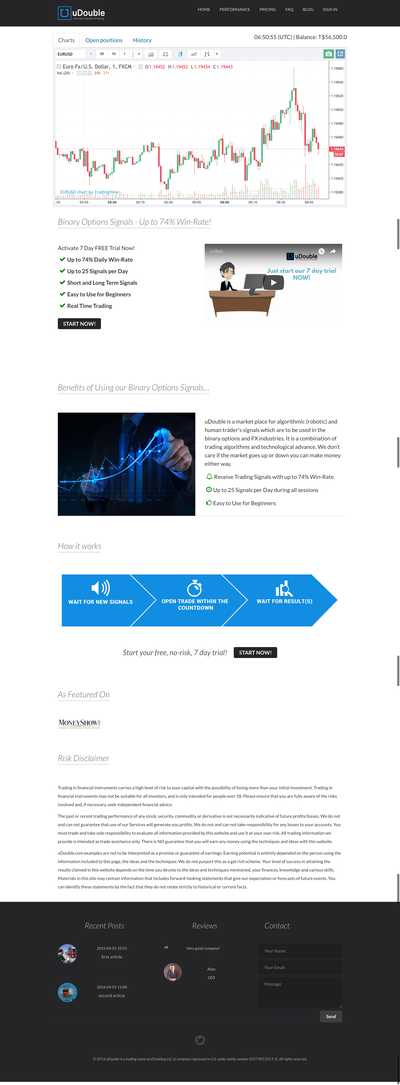Blog
Code Language for Startups
Choosing a programming language for a startup largely depends on the specific needs and goals of the business. However, some popular programming languages for startups include:
- Python: Python is a versatile language that is easy to learn and offers a wide range of libraries and frameworks, including Django, which is ideal for building web applications.
- Ruby: Ruby is another popular language for startups, particularly for web development. It offers a clean and readable syntax, and the Ruby on Rails framework is great for building web applications.
- JavaScript: JavaScript is essential for web development, as it is used to create dynamic and interactive websites. Node.js, a JavaScript runtime, is also popular for building server-side applications.
- Java: Java is a robust language that is widely used for building enterprise-level applications. It has a large developer community and offers scalability and security.
- Swift: Swift is a relatively new language developed by Apple for iOS and macOS app development. It has a clean and concise syntax and is easy to learn for those with programming experience.
- PHP: PHP is a popular language for building web applications, particularly for content management systems like WordPress.
Ultimately, the choice of programming language for a startup will depend on a variety of factors, such as the specific needs of the business, the experience and expertise of the development team, and the scalability and security requirements of the application.
In addition to the programming language, it's also important to consider other factors when selecting the technology stack for a startup. Here are some additional considerations:
- Scalability: A startup needs to be able to scale quickly to accommodate growth. The technology stack should be able to handle an increasing number of users and data without compromising performance.
- Cost: Startups typically have limited budgets, so the technology stack should be affordable and cost-effective. Open-source technologies are often a good choice as they are free to use and have a large community of developers.
- Time to market: Startups need to move quickly to get their products to market before their competition. The technology stack should allow for rapid development and deployment of the product.
- Security: Security is crucial for any startup, especially those that deal with sensitive user data. The technology stack should have strong security features and be regularly updated to address any vulnerabilities.
- Integration: The technology stack should be able to integrate with other systems and tools used by the startup, such as analytics platforms, payment gateways, and marketing automation tools.
- Developer community: A large developer community can be an advantage for startups as it offers a wealth of resources and support. Choosing a technology stack with a strong community can help ensure that developers have access to the latest tools, libraries, and frameworks.
- Future trends: It's also important to consider the future trends in technology and the market. Choosing a technology stack that is compatible with emerging technologies and trends can help future-proof the startup and ensure that it stays competitive in the long term.
In summary, choosing the right programming language for a startup is just one part of the technology stack. Startups need to consider factors such as scalability, cost, time to market, security, integration, developer community, and future trends to ensure that their technology stack is optimized for success.
Do you want a free consultation?
Over 15 years of experience, we have developed more than 200 projects, startups, websites, MVPs. Book a free Zoom call with our CTO to discuss how to bring your project to life 🤙
MVP / Mobile apps / Startups / Websites / Bots / Marketplaces / Crypto projects/ API
Contacts
15 Years of Expertise in Cutting-Edge Development
At Zavod-IT, we specialize in building startups, cryptocurrency exchanges, cashback platforms, Telegram bots, and advanced software solutions. With over 15 years of experience, we serve clients across the USA and Europe, delivering high-quality, tailored solutions that meet the unique demands of various industries.
Coiner.cab Corp

.png.400x400_q50_crop-scale_replace_alpha-%23FFFFFF.jpg)
